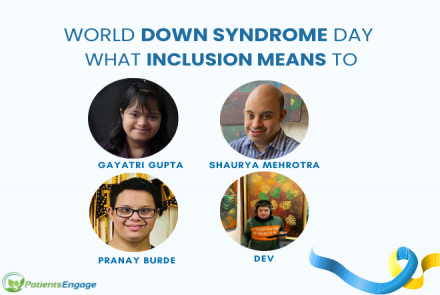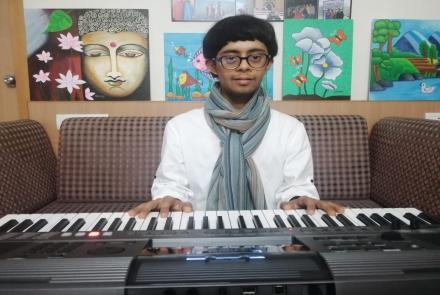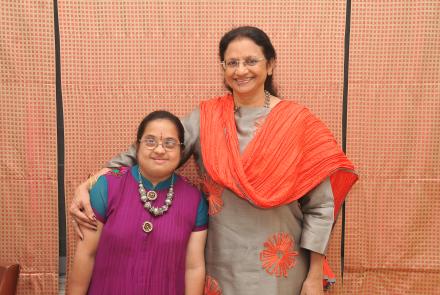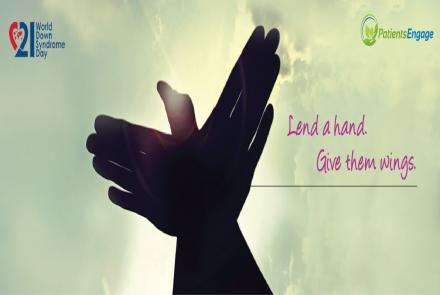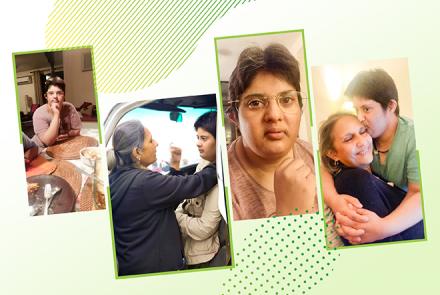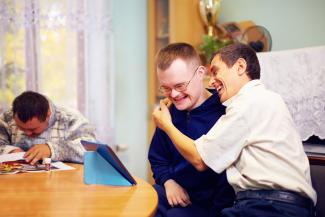
Down’s syndrome is also known as trisomy 21. It is a congenital disorder caused from a chromosomal abnormality appearing in about one of every 800 to 1 in 1000 births. This syndrome occurs when one chromosome has an extra “part” and an error occurs in cell division, or an extra chromosome exists, resulting in 47 chromosomes. (Chromosome is a thread-like structure of nucleic acids and protein found in the nucleus of most living cells, carrying genetic information in the form of genes.)
Usually people are born with 23 pairs of chromosomes, for a total of 46. When the body produces an extra chromosome or genetic material, it alters the way the body develops. Down’s syndrome is a congenital condition (something you are born with). It affects how you grow and learn new skills (development).
You should know also that it is not caused by anything the mother did or did not do during pregnancy.



